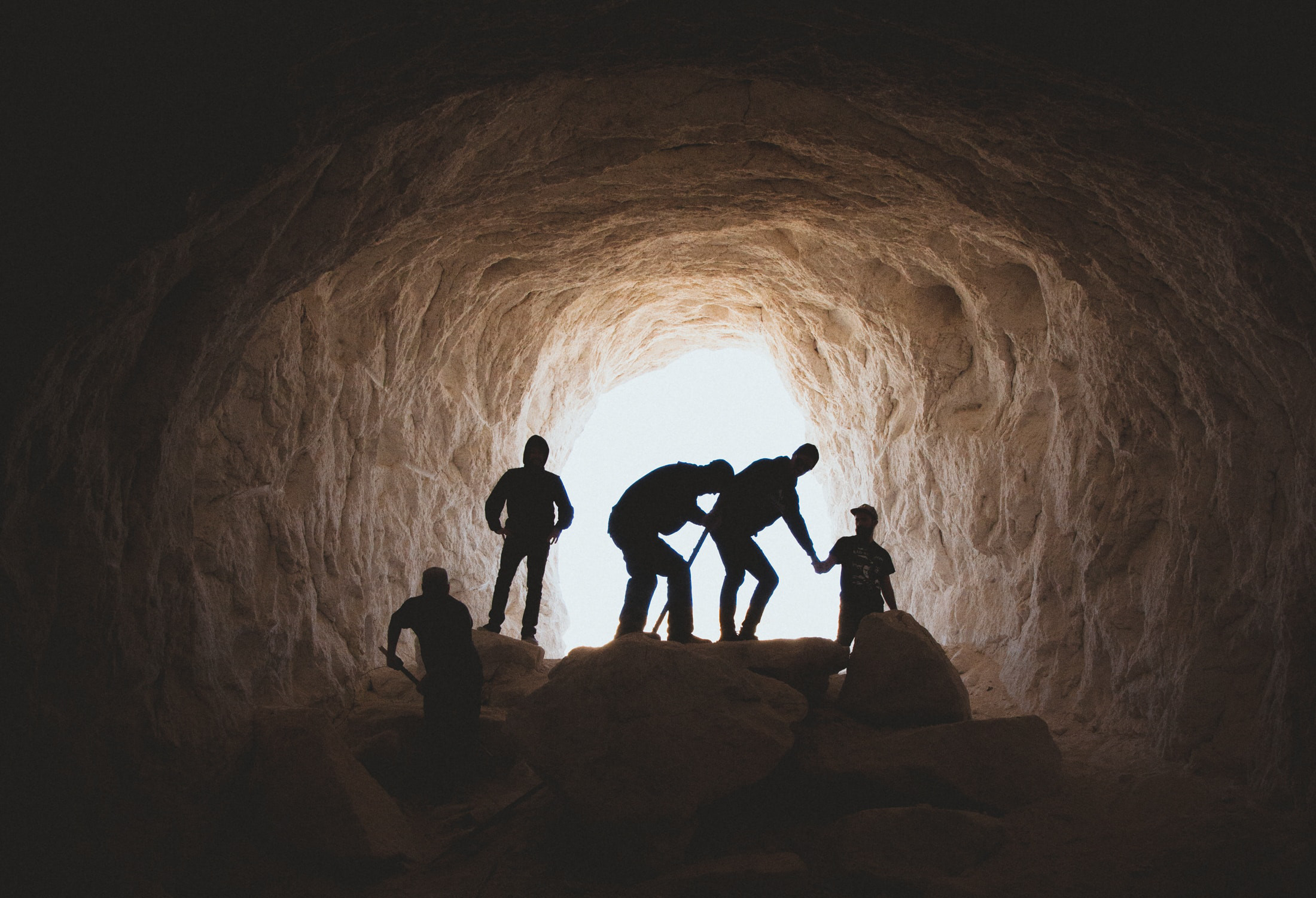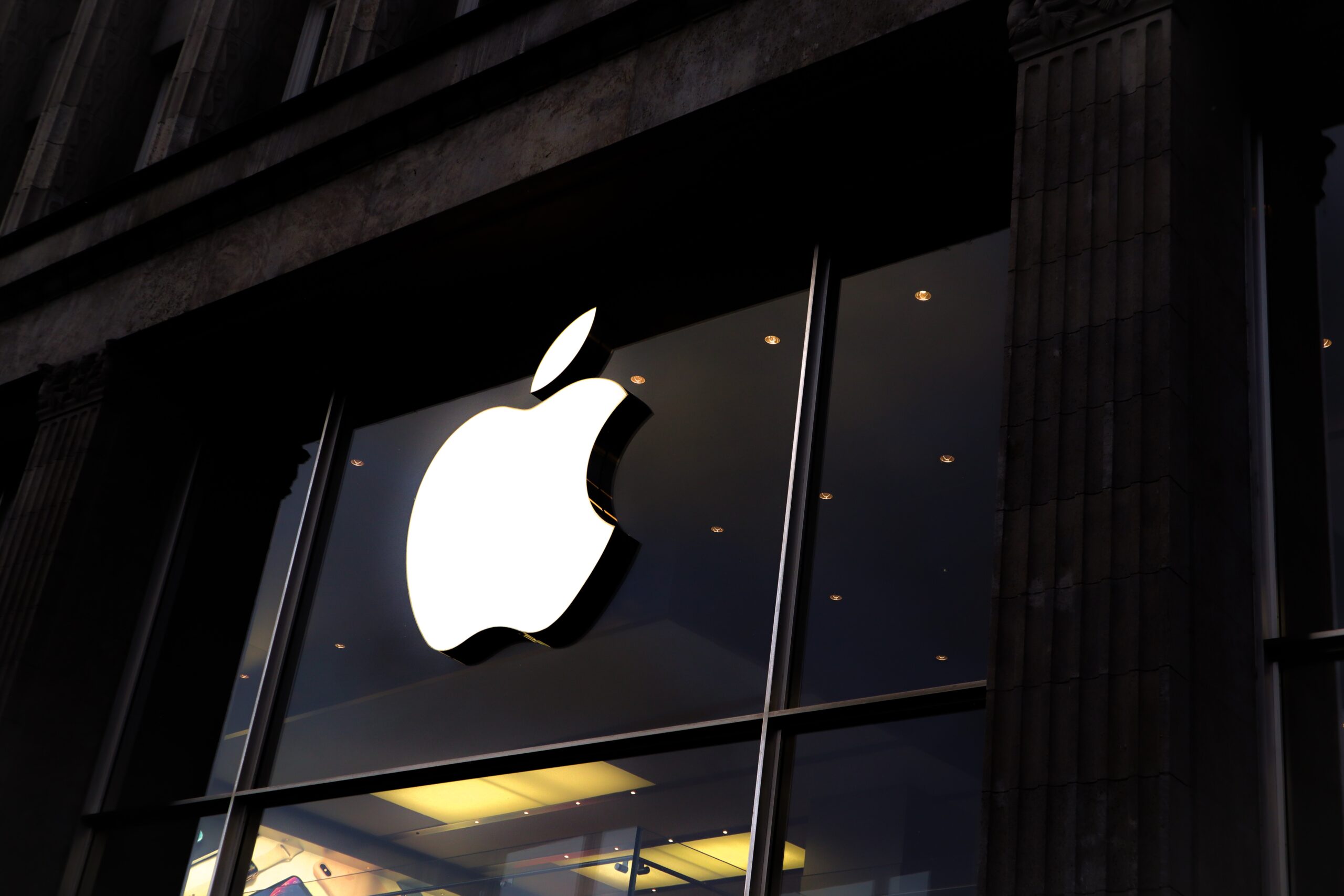According to a 2019 study of 10 million Australian LinkedIn users, BHP is one of the top 20 companies Australians want to work for. It was the only mining company to crack the list, which predominately features banks and management firms.
Lists like these are far from perfect, and size has a lot to do with securing a spot. Six out of the seven Australia-based Fortune 500 companies (including BHP) appear on the list. People want to align themselves with thriving employers. It doesn’t take a team of statisticians to figure that out.
But the size of a company and its paychecks aren’t everything when it comes to attracting talent. Work culture is a critical factor.
WorkScore – an Australian company whose mission is “to empower every workplace to prioritise overall wellbeing” – published a 2019 report that compiled responses from 12,500 Australian workers across a wide swath of industries. One of the report’s key findings: Among people who felt that their employer cared about their wellbeing, 78% said they were engaged and productive at work. That number was just over 20% among those who did not feel that their employer cared about their wellbeing.
The WorkScore report stresses the importance of several factors that employers can’t control (e.g. sleep, diet, exercise), but suggests that organisations become stronger and more profitable when they seek to facilitate improvements in these areas.
This is becoming a familiar chorus in the professional world. Employers are striving to illuminate blind spots around the bottom-line, and it seems like all roads – or at least many roads – lead back to people.
Are your company’s employees physically and mentally well? Are they engaged? When they show up to work, do they feel valued and respected? There are three simple reasons why mining and METS companies should be obsessed with these questions:
- There are still negative perceptions around work culture in the mining industry
- The state of the industry demands that inefficiencies be called out
- Attracting bright new talent is the only way to meet our long-term challenges
One of the reasons given by LinkedIn for BHP’s desirability among Australian workers is flexibility – nearly half of the firm’s employees enjoy some type of flexible working agreement. A 2019 press release from BHP says the company’s focus on flexibility “means a lot of different things for different people – it might mean job sharing, working part-time, returning from parental leave, different start and finish times or simply working from home now and then.”
Diversity in mining and METS workplaces, especially the rise of female leadership, is another way in which mining work cultures are being strengthened at their core. Maria Joyce, BHP’s Head of Business Planning, is among the most visible champions of diversity in mining, and the tangible benefits it brings to companies who focus on it. She told Australian Mining: “You can see from the companies which are doing this well that they know the value [diversity] brings. People are much more engaged, more willing to share ideas and work together to solve challenges.”
Diversity, inclusion, wellbeing, flexibility – these concepts are not reserved for tech giants and management consultant firms. We can and must activate them in the mining space, and this is not an act of contrition – it’s a necessary step that allows us to pare down inefficiencies, prepare for the future, and achieve stability in a volatile marketplace.
With any luck, future lists of Australia’s most desirable companies will feature mining companies large and small who embody a strong social and environmental ethic. A big part of that means taking steps to create healthier work cultures for the employees we rely on.







